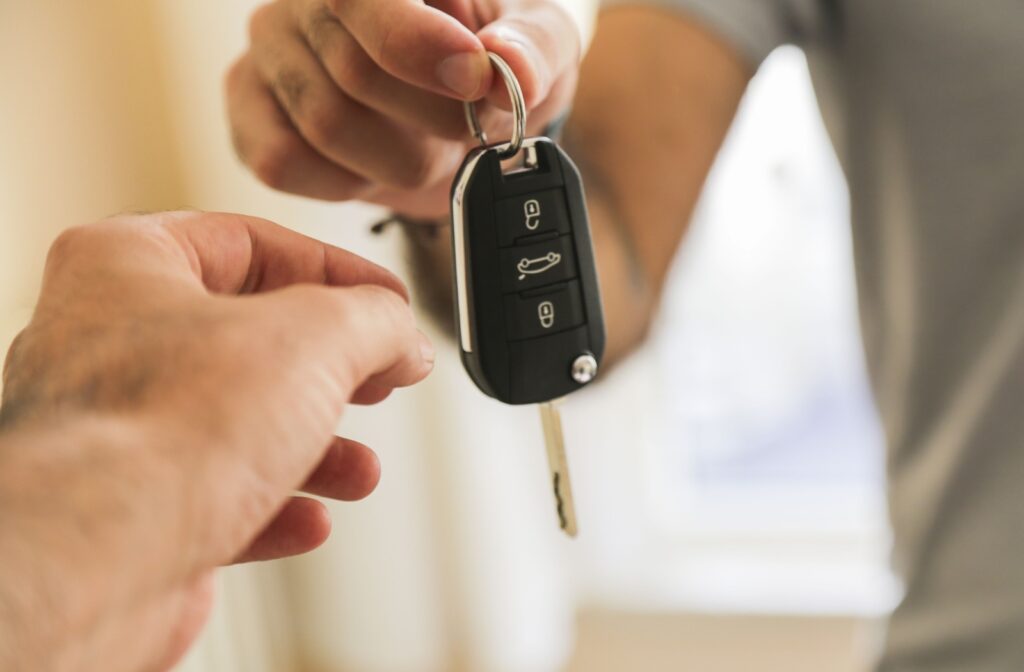Steps to Successfully Donate Your Vehicle in Maryland
Donating your vehicle is a generous way to give back to your community or support causes you care about. In Maryland, the process is straightforward, but it’s important to follow the right steps to ensure a smooth transaction, benefit from potential tax deductions, and avoid any legal complications. Below are the essential steps to successfully donate your vehicle in Maryland.
1. Choose a Reputable Charity
The first step in donating your vehicle is choosing a charitable organization. In Maryland, many charities accept vehicle donations, including the Maryland Food Bank, Habitat for Humanity, and the American Cancer Society. Ensure that the charity you select is a qualified 501(c)(3) nonprofit organization, as donations to non-qualified organizations may not be tax-deductible. Research the charity’s mission and how they use donations to ensure your gift will be used as intended.
2. Contact the Charity
Once you’ve selected a charity, reach out to them to inquire about their car donation program. Many charities have dedicated donation lines or online forms to make the process easier. Some organizations may offer to tow your vehicle at no cost, while others may require that you drop it off. Be sure to ask about the charity’s specific requirements for vehicle donations, such as whether they accept cars in non-running condition, or if there are any restrictions on the types of vehicles they can accept (e.g., cars, trucks, RVs).
3. Gather the Necessary Documents
Before you can donate your vehicle, you need to ensure that all required documents are in order. The most important document is the vehicle title, which proves your ownership. In Maryland, the title must be transferred to the charity, so make sure it is signed over to the recipient charity. If the car is unregistered or you’ve lost the title, you may need to apply for a duplicate title through the Maryland Vehicle Administration (MVA).
In addition to the title, you will also need to provide a bill of sale, especially if the vehicle is worth over $500. This document should include details such as the vehicle’s identification number (VIN), make, model, year, and odometer reading. Some charities will provide a receipt for tax purposes, so ensure that you obtain one when donating.
4. Determine the Value of Your Vehicle
The IRS allows you to claim a tax deduction based on the fair market value (FMV) of your car. If the charity sells the car, the deduction is typically the sale price, not the FMV. However, if the charity uses the car directly, you may be eligible to deduct its full FMV. If the vehicle is worth more than $500, you must complete IRS Form 8283, which requires you to provide the value and a description of the vehicle. If the car is worth more than $5,000, you’ll need an independent appraisal to substantiate its value.
5. Arrange for Towing or Drop-Off
Many Maryland charities offer free towing services for donated vehicles, which can be especially helpful if your car is not running or is in a difficult location. Confirm with the charity whether they will tow your vehicle or if you need to drop it off at a specific location. Be sure to provide all the required information, such as the vehicle’s title and your contact details, when scheduling the tow or drop-off. Some charities may also ask you to sign a release of liability form to absolve them of responsibility for any damages that might occur once the vehicle is in their possession.
6. Complete the Transfer of Ownership
Once the vehicle has been picked up or dropped off, complete the transfer of ownership with the Maryland MVA. This is an important step to ensure that you are no longer legally responsible for the vehicle. You can transfer ownership by submitting the signed title to the MVA and notifying them that the vehicle has been donated. Maryland requires that you remove your license plates before donating the vehicle. You can either return them to the MVA or transfer them to another vehicle if applicable.
7. Claim Your Tax Deduction
After the donation is complete, you may be eligible for a tax deduction, provided you donate the vehicle to a qualified nonprofit organization. The charity should provide you with a receipt for your donation, which will include important details such as the vehicle’s VIN and a statement about how the vehicle will be used (sold or used by the charity). If the vehicle is sold for over $500, you must file IRS Form 8283 with your tax return. Keep copies of all documents for your records, including the receipt from the charity and any additional paperwork.
Conclusion
Successfully donating your vehicle in Maryland involves careful planning and following the necessary steps to ensure a smooth process. By choosing a reputable charity, gathering all the required documents, and understanding the value of your donation, you can maximize the benefits of your charitable contribution. Not only will you be helping a good cause, but you may also receive valuable tax deductions that make donating your vehicle even more rewarding.



